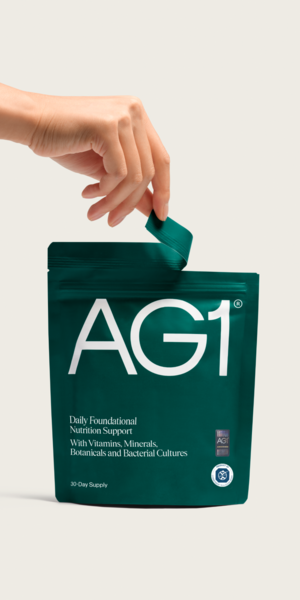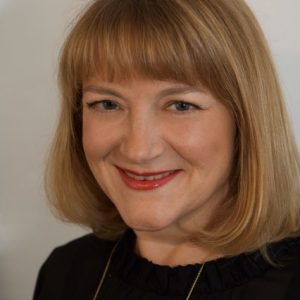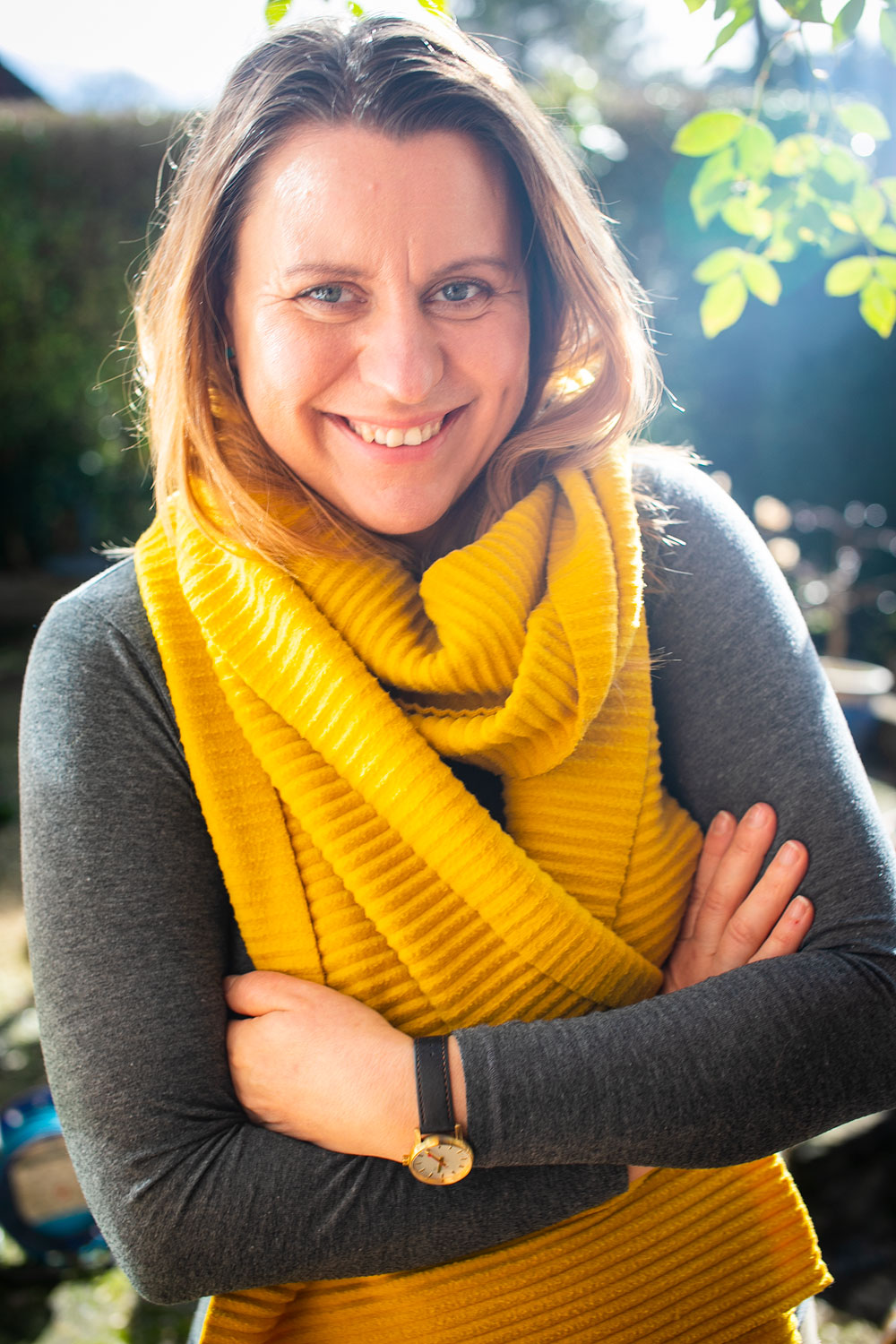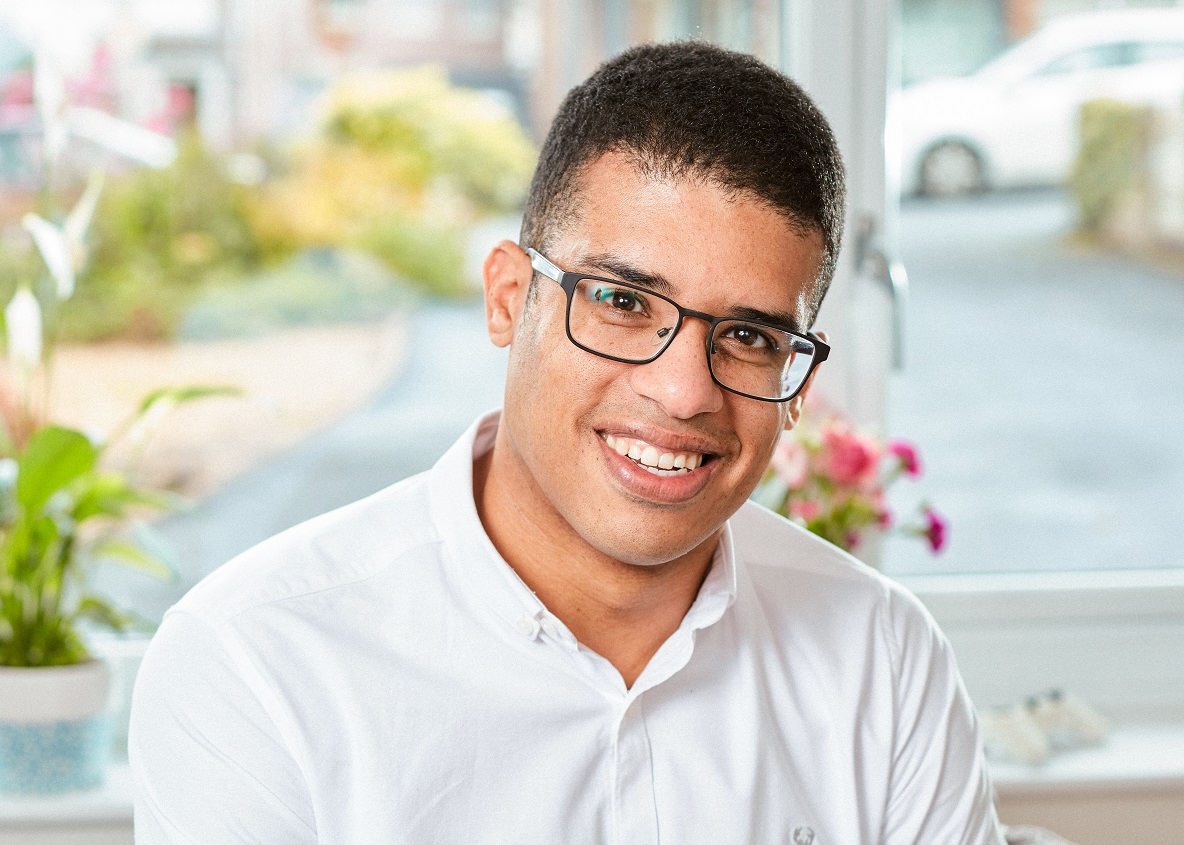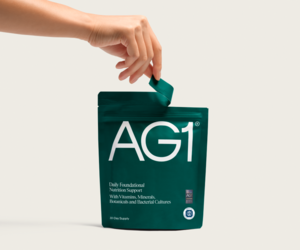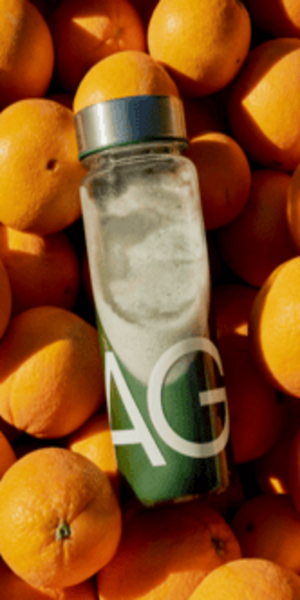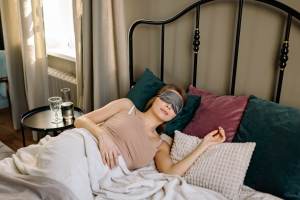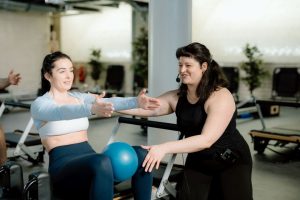How to Stay Happy in a Pandemic – According to the Experts
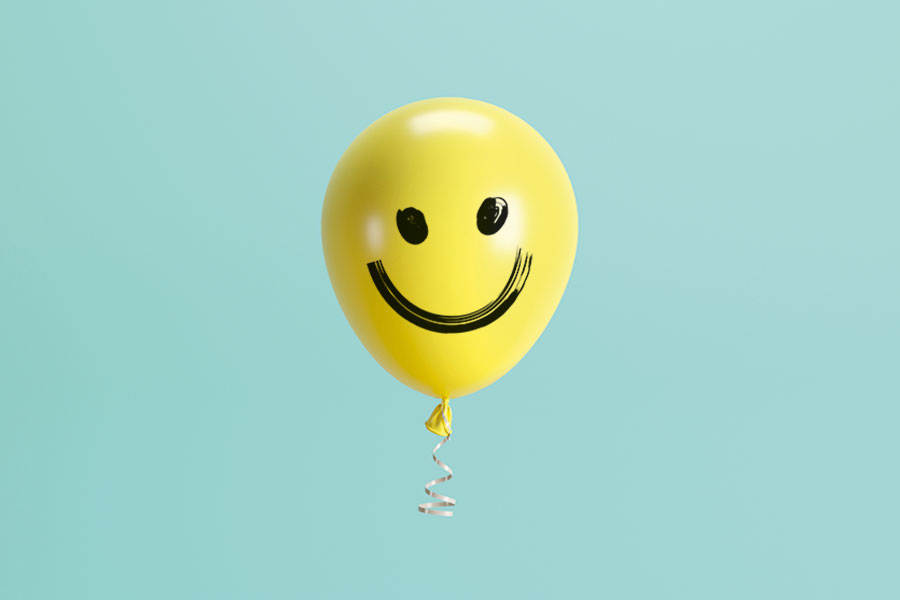
Vanessa King is a leading expert in the practical application of positive psychology and the science of wellbeing. She is Head of Psychology at charity and social movement Action for Happiness and developed the ‘10 Keys for Happier Living’, a framework of evidence-based actions. Her books include: 10 Keys to Happier Living – A Practical Science-based Guide, 50 Ways to Feel Happy and Creating the World We Want to Live In – How Positive Psychology Can Help Create a Brighter Future (out in March 2021).
The first lockdown was a baptism of fire. I was due to be teaching at a university in Iceland and, at the very last minute, had to convert two days of interactive workshops on to Zoom. I usually travel a lot for work so suddenly finding my world shrunk to a little microcosm and everything grinding to a halt was a bit of a shock. My partner and I were living separately and we made the decision for him to move in with me, so it was a lot of change.
I have become really intentional about my wellbeing practices, not to just squeeze them in, but to focus on being physical and work on my social connections. I’ve had lots of Zooms with old friends from university – whereas we would have caught up once every other year before lockdown. My book club went on Zoom, and we continue to have dinner parties with friends where we all drop courses over to each other’s houses. I’ve taken pleasure in going to my local farmer’s market, buying lovely fresh veg and going home to cook.
I’ve tried to evolve and I have my little rituals. I do a yoga class at 6.30pm each evening to halt the working day, and we made the decision not to drink during the week so, on a Friday night, we have a nice bottle of wine and a takeaway to make it feel like the weekend.
I’ve been finding the small joys – in the first lockdown the glorious weather meant that I was taking photos of small details of nature in the park and enjoying listening to the birds. This lockdown… in some ways it’s easier because we know the routines, it’s not a shock, but the wintery weather has made it harder. There was a study recently where people went for regular walks and tried to look for things that gave them a sense of awe, whether that be an old tree or the snowdrops shooting up or whatever. It showed that those people were less stressed and more likely to help others because they were thinking more outwardly. Those studied were asked to take pictures of themselves before, during and after the walk and those who had engaged in their surroundings positioned themselves much smaller in the pictures because they thought about how they fitted in to the world. Nature really puts things into perspective.
‘Even on the worst day, there is a best moment’ is a quote from an American psychologist, Maria Sirois, and I am always mindful of that. It might be the least bad moment but it’s a moment that is better than other moments. I always reflect back on the good things that happened – and if you do that at the end of the working day, research shows that it helps you switch off, which is particularly good when you’re trying to create psychological boundaries within your home.
I’ve become a lot more self compassionate. I was listening to others starting new hobbies and being productive while I’m looking at the office I was going to clear out a year ago and still haven’t. But it’s about keeping on an even keel emotionally, taking care of my body and finding ways to enjoy life, not putting pressure on myself.
To manage the anxieties of the pandemic, we need to reframe our thoughts. By far and away most people who get Covid-19 get it mildly, but our minds naturally race to the worst that could happen. Flip it around, be playful and say ‘Ok let’s imagine the best thing happening’, then ask yourself what really is most likely. The other simple technique I use is to imagine your worries playing out on a TV screen and then pick up the remote control and change the channel to a time when you feel really good, like on holiday. Then switch your mind back to whatever you were doing, but it’s a good way to stop that churn of anxiety.
It’s important to remember that some anxiety is a normal response to this situation and we need to recognise that or we’re setting ourselves up to be unhappy. Studies show that the more we get stressed about stress, the more stressful stress is! Those who recognise they’re stressed because it is a stressful situation don’t have any lasting negative effects on their health.
Aga Kehinde, 42, is an NHS oncology nurse and a mindset and behaviour coach, helping people navigate through life’s biggest challenges with confidence and clarity. She has created a hybrid approach to stress management that uses a full body-mind-energy experience. Find out more at www.agakehinde.com and follow her on Instagram.
Before Covid-19, I enjoyed a life full of freedom and travel. Every year I’d spend two weeks in the mountains and last year I made plans to travel to Africa to climb Kilimanjaro, and meet friends and family in Poland as well as fulfil my dreams of supporting people to thrive through their challenges. But at the beginning of the pandemic, it became clear there would be huge changes to my personal and professional life. I’ve stepped up and fully immersed myself in supporting the NHS and was lucky to be given the role of health and wellbeing lead for the cancer division at my hospital to support teams in this challenging time.
The first lockdown was both emotionally and physically exhausting and living and caring for others was more stressful than ever before. The third lockdown has been different. There are less stress hormones running in my body to keep me on high alert and I have to put more effort into being intentional with my daily activities, to stay motivated. But from my experience of working with cancer patients I’ve learned to see challenges as an opportunity, and I am an optimist. During the past 18 months I have managed to co-write a book and launch my stress management online course.
‘Happy’ is a great word but I like to use ‘positive mindset’ because that isthe practice of focusing on the good in any given situation. It can have a big impact on your physical and mental health. because it simply means you approach the good and the bad in life with the expectation that things will go well. As human beings we are naturally scavenging for a threat – this is biology and we need it for safety – so it takes more effort to see the positive and maintain this mindset. The good news is that we have the ability to influence, control or even change our negative mindset.
There were and still are the obvious challenges of not being able to see my family in Poland and not being able to see my private patients meant I had to adapt how I operate my business using technology. My personal life also had many of its own challenges, as during the first lockdown my husband lost the majority of his work, which had a huge financial impact on our family. We also decided not to send the children to school despite this being an option for key workers but chose this time to build their emotional resilience. My husband fully committed himself to homeschooling and running the house while I had to rearrange my life and redesign routines that would optimise my body for operating in the high stress environment and allow it to recover and rejuvenate very quickly. Being medically trained I like to rely on research and evidence, but equally, as a holistic practitioner, I trust my instincts and energy for telling me if the approach is right for me.
I focus on three things – body, mind and energy optimisation. Every morning I practice the 3Ms – movement, mindset and mindfulness. I do 10 minutes of yoga, 5 minutes of meditation and 10 minutes’ writing in my gratitude journal. In the evenings I focus on the 3R routine – relax and restore and rest. I have a hot bath, avoid the blue light of my phone for at least an hour before bedtime – which is always by 10.30pm – keep a low temperature in the bedroom and I wake up before 6am.
I use grounding techniques such as breathing and visualisation which are important to bring you back to safety from anxiety. My favourite tool is EFT (emotional freedom technique – tapping) – it’s a combination of mindfulness, affirmation and, basically, acupuncture without needles, where you tap different parts of your face and body. And when recovering from stress, I use reflection to ask myself why I reacted to a situation in a certain way. I write a reflective journal as you can learn so much from stress and triggers.
Another skill I use is information control because we are being bombarded with information and it can be overwhelming. So I ask myself, what do I need to know to function? What should I know to take care of myself? I redirect myself towards good news. There is a lot of evidence of people who not only survived, but transformed through adversity. Post-traumatic growth can leave you with a greater appreciation of life, strengthened relationships, more compassion, and a discovery of new possibilities and purpose, as well as greater awareness of your strengths, and spiritual and creative growth.
Lee Chambers, 35, is a psychologist and wellbeing consultant and the founder of Essentialise Workplace Wellbeing, leechambers.org
This recent lockdown has been challenging, with the expectations of a positive start to the new year, the excitement of Christmas and longer, warmer days all gone. We have had to manage our expectations of what is possible, changing the idea of ‘homeschooling’ into ‘home-learning’, to reduce the pressure of trying to be teachers while working. Our children have been amazingly resilient and have recently gone back to school as we are both classified as key workers.
Even being well aware of the importance of sleep, nutrition, movement, mental training and routine, I’ve found it hard to be consistent. I’ve found myself being kinder and more compassionate than I usually am about not achieving the standards I set for myself. I’ve had to find a balance between comfort and challenge, nostalgia, and flexible future planning.
One of the big challenges in lockdown for men has been navigating their own mental wellbeing and having the courage and self-awareness to be vulnerable and share this with others. The biggest change for me has been my kindness and compassion for myself. I’m quite disciplined and not always the best at celebrating the small wins because I feel like I’m on a big ambitious mission. I now book an intentional self-care hour in my diary like it’s an important business meeting, and a planned call to a friend each week because, being naturally introverted, I don’t always need that contact. But it’s vital to keep the conversation open and give others space to talk.
Supporting my clients plays a big part in my wellbeing and fulfilment, and this is a double-edged sword. The responsibility I feel for empowering others gives me meaning but also a fair share of stress. I have found myself meditating in the morning and evening which has been helping me switch off. I have also started walking in the evenings, which gives me the opportunity to be active and process my thoughts, and I have added an extra level to my gratitude practice, and now I explore why I am grateful as well as what I am grateful for.
Women have had significant challenges given the hybrid responsibilities they are often expected to manage, and this expectation doesn’t always extend to men. Some men have found it challenging spending time in different roles, from carer to teacher to present father to domestic organiser, and the boundaries between these. Other men have struggled to articulate how being made redundant or furloughed has impacted on their self-worth and identity. Some men I know have struggled to find a space to grieve after losing loved ones, and other men are feeling shame that they cannot be the beacon of positivity and hope in what can be a toxically positive bubble within some communities.
In some ways, we are in a wartime mentality, where we need to last it out and continue to be robust and resilient. Getting through it and fortitude are powerful traits in their own right, but not at the cost of ignoring how we can express the whole range of human emotions in a healthy way. In the first lockdown with sports and entertainment absent, I saw more conversations that went beyond the surface level being explored among men, but that seems a little less prevalent now we’ve come to the third lockdown.
You’ll find me dancing in the kitchen with my children most mornings, a new ritual to brighten up the day with a feel-good song and a burst of smiles. I’ve found a level of acceptance for the current climate, and I think it helps having faced significant adversity before in life, especially losing the ability to walk in 2014. When I’m feeling down, I embrace activities that I enjoy, from playing games to getting out into nature.
I’m still trying to be curious, make every day an adventure and bring spontaneity wherever possible. As my wife and I come to our 10-year anniversary, I’ve got a plan to recreate our first dates on the exact date we had them ten years ago, with modifications as we can’t go to the places but to recreate them ourselves.



